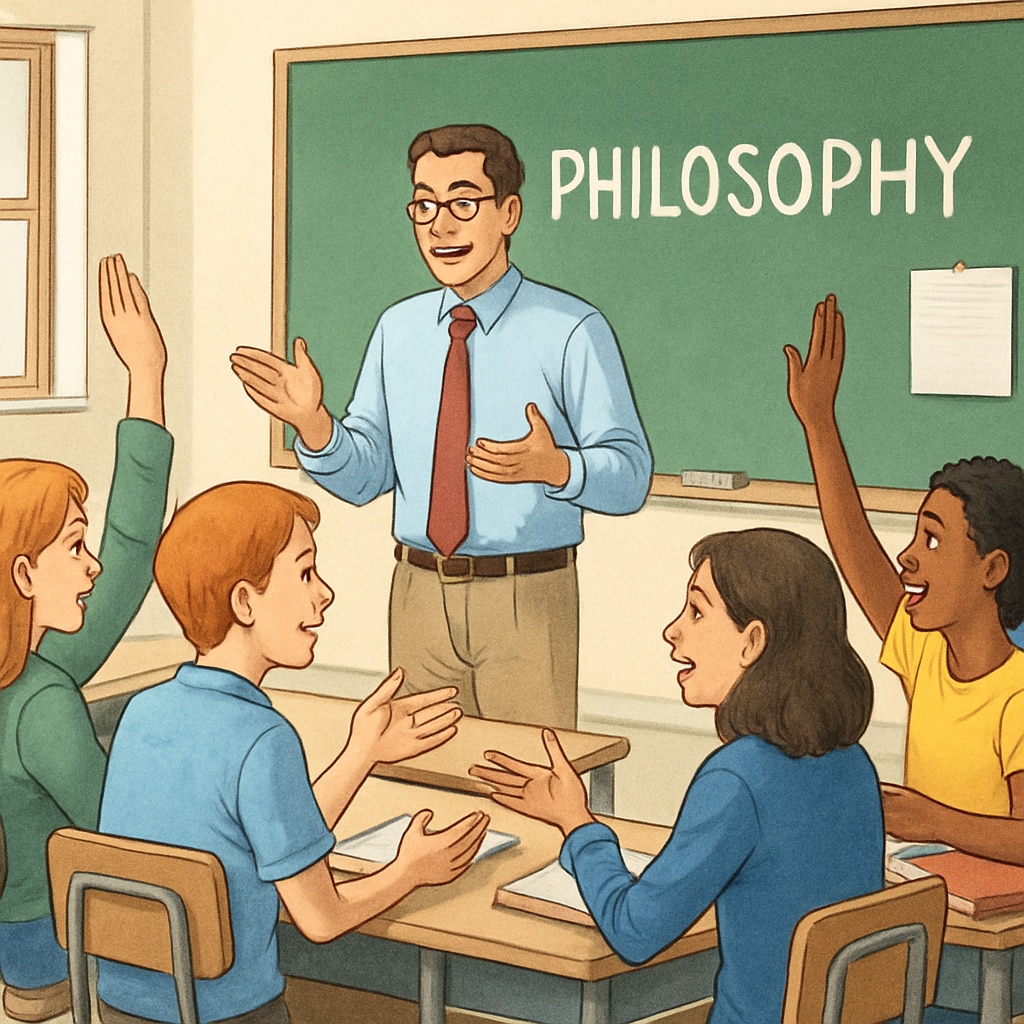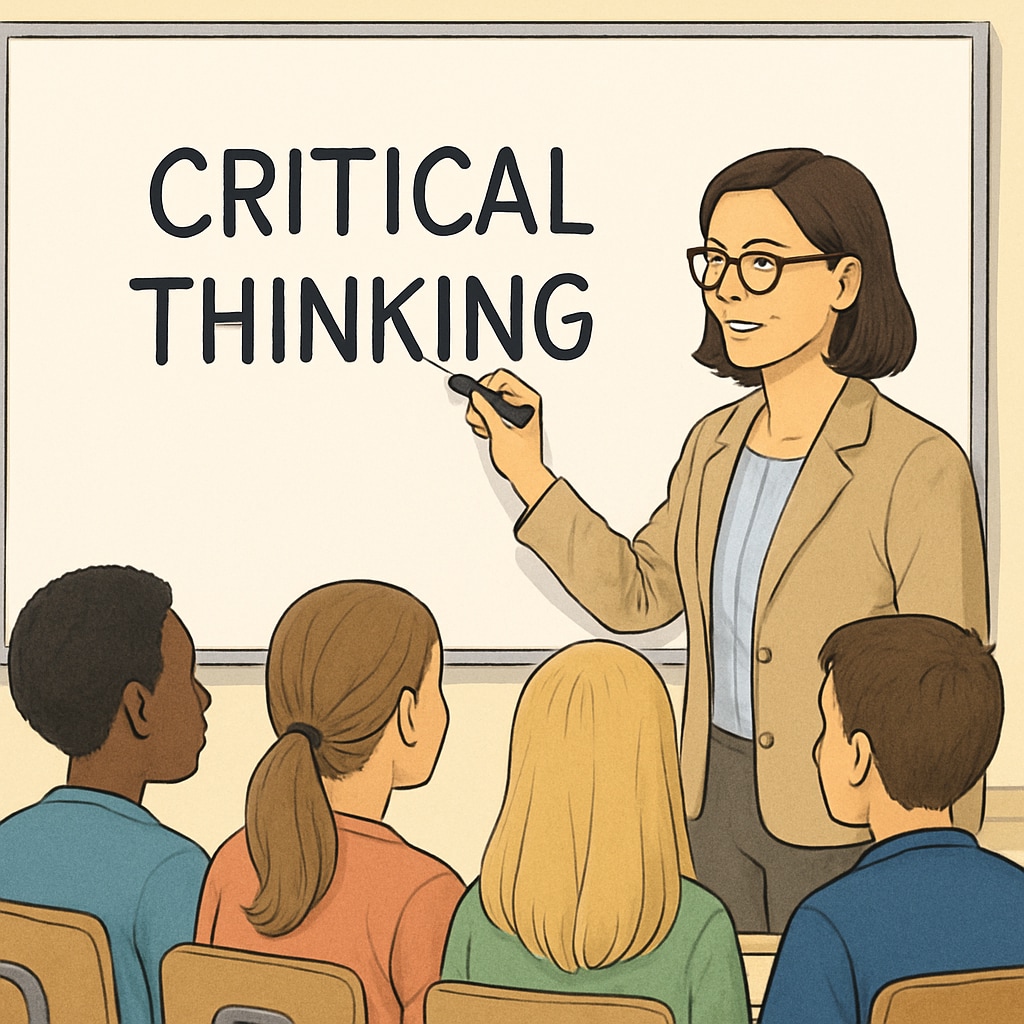The “Philosophy Teachers Wanted” initiative is a pioneering social experiment aimed at integrating philosophy into K12 education. This program seeks qualified philosophy teachers to introduce critical thinking and exploration in young minds, reshaping traditional educational practices. The project not only empowers students but also challenges educators to rethink pedagogical approaches, aligning education with the demands of the modern world.
The Importance of Philosophy in K12 Education
Philosophy is often overlooked in K12 education, yet it holds the potential to transform how students think and learn. By fostering critical thinking, students gain the ability to question assumptions, analyze arguments, and approach problems creatively. In addition, philosophy encourages curiosity, a vital trait for lifelong learning. For example, studies have shown that early exposure to philosophical thinking enhances cognitive and emotional development, preparing students for higher education and beyond.

How This Social Experiment Works
The social experiment aims to recruit philosophy teachers who will design and implement innovative lessons tailored to the K12 level. Teachers will focus on introducing core philosophical concepts (e.g., ethics, logic, epistemology) and fostering discussions that encourage students to explore diverse perspectives. To measure the impact, a university-level grading system will be applied to assess students’ progress in critical thinking and problem-solving skills. As a result, educators can better understand how philosophy shapes student outcomes.

Why Join the Initiative?
Becoming part of this initiative offers several benefits for philosophy teachers:
- Contribute to an innovative educational reform.
- Help students develop essential life skills like reasoning and empathy.
- Collaborate with fellow educators and researchers to refine methods.
- Gain recognition for advancing philosophy education in schools.
Moreover, the experiment provides an opportunity for professional growth, allowing teachers to explore new pedagogical strategies that may later be scaled to other schools.
Learn more about philosophy on Wikipedia and explore its transformative potential in education.
Challenges and Opportunities
Introducing philosophy at the K12 level is not without challenges. For instance, educators may encounter resistance from traditional systems focused on standardized testing. However, this initiative turns these challenges into opportunities to showcase the value of critical thinking and exploration as complementary to existing curricula. Furthermore, the program can serve as a model for integrating other humanities subjects into STEM-heavy educational systems.
For more insights into educational reform, visit Philosophy of Education on Britannica.
In conclusion, this social experiment provides a unique opportunity for philosophy teachers to impact the education system profoundly. By nurturing critical thinking and curiosity in students, educators can help shape a generation prepared for the complexities of the modern world.


